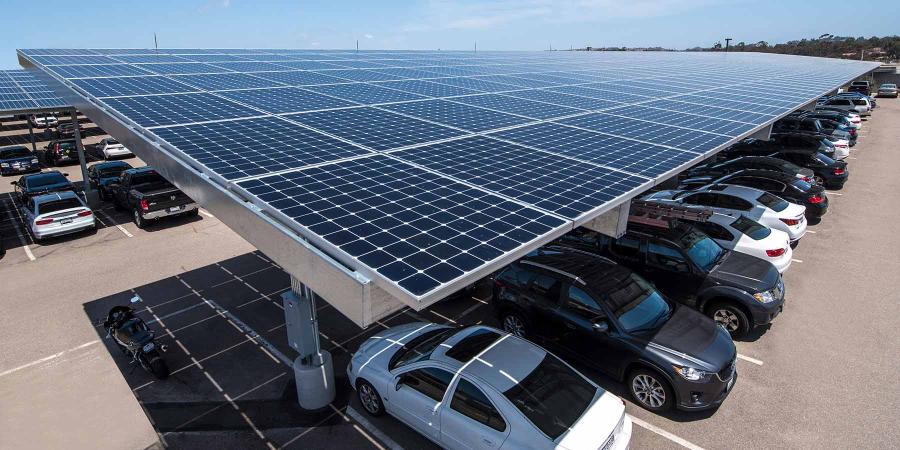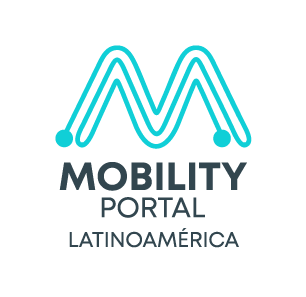In the UK, the EV infrastructure provider Swarco Smart Charging and second life battery energy storage system supplier Connected Energy have teamed up to help accelerate the roll out of EV charging.
By working with Connected Energy, Swarco Smart Charging will be able to provide EV charging hardware with Connected Energy’s E-Stor system, which is made entirely from second life electric vehicle batteries to provide onsite energy storage.
The E-STOR system store excess power generated from the renewable sources until it is needed so that there is always enough energy for charging, irrespective of demand spikes. The 24 second-life EV batteries used within each E-Stor come from Renault Kangoos.
Matthew Lumsden, CEO of Connected Energy, says: “This is a natural collaboration between two like-minded companies that are both on a mission to support vehicle electrification and help to decarbonise charging for organisations and drivers.
Swarco Smart Charging’s Managing Director Justin Meyer: “Since we helped pioneer the installation of charging points in the UK more than a decade ago, as the size and scale of projects increases, we have seen EV charging projects hampered by the lack of electricity capacity. It is a constant issue, and one that until now has been difficult to overcome, resulting in EV charging roll out being scaled back, relocated away from preferred sites, or delayed.”
The two companies have been collaborating since 2017, when the E-Stor system was installed with Swarco’s charging technology. This included 22kW and 50kW fast chargers linked to a solar array on the hub’s canopy. The E-Stor system monitors grid load, and if charging from vehicles gets close to exceeding the power available from the grid, the E-Stor bridges the gap.
According to Connected Energy, its E-Stor system can now deliver energy at a rate of up to 300kW. This is enough to, for example, simultaneously charge 20 cars for two hours at a rate of 7kW or to power two 50kW rapid chargers for almost four hours.





















